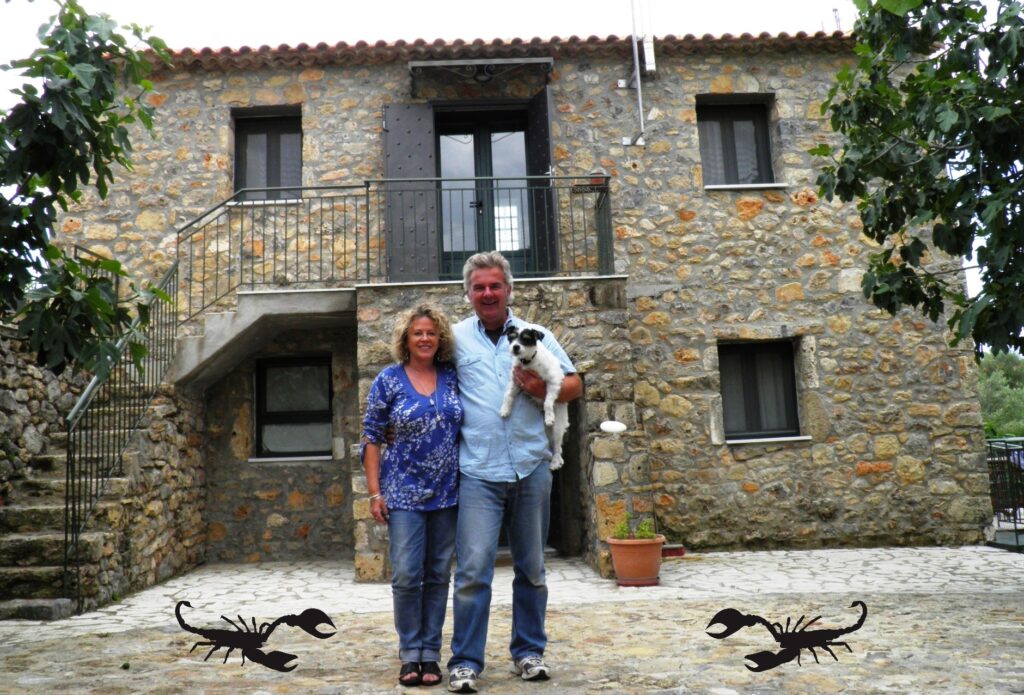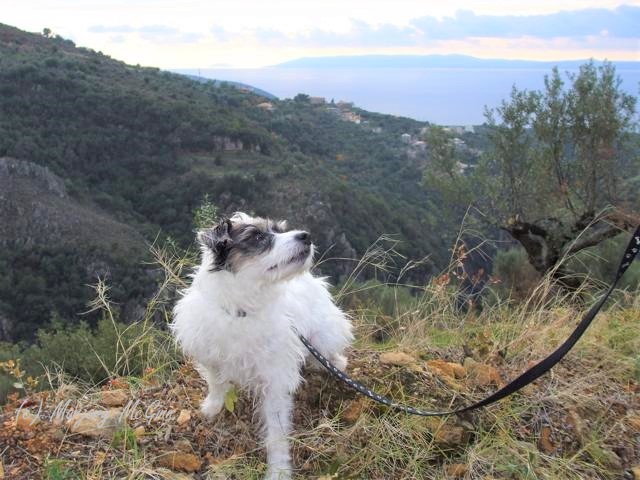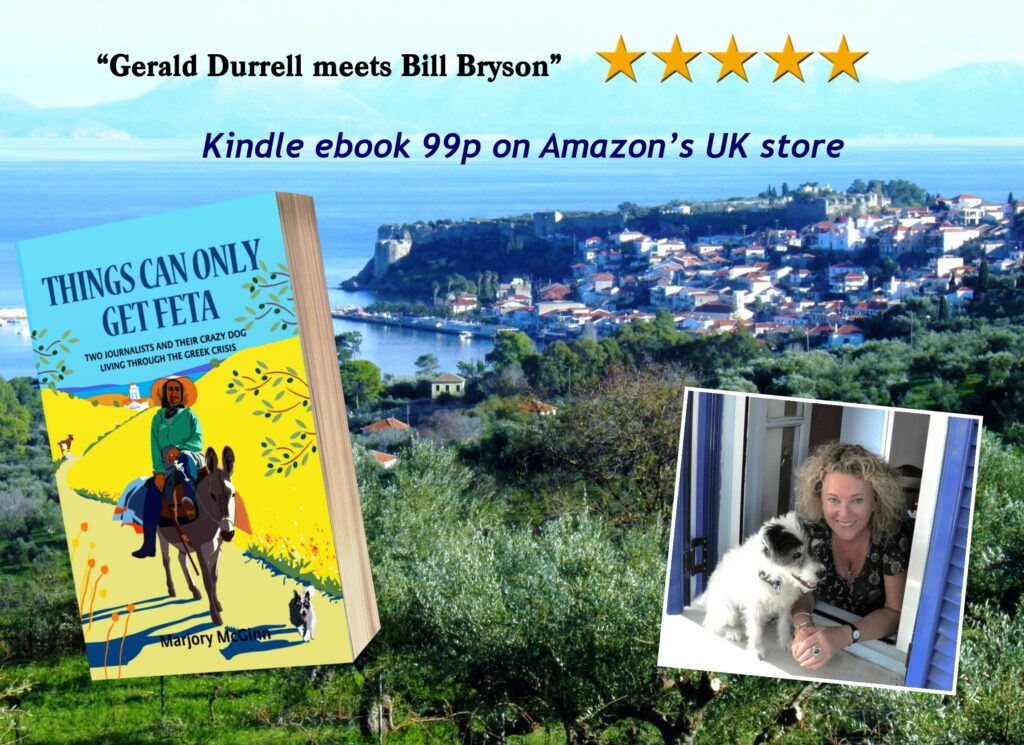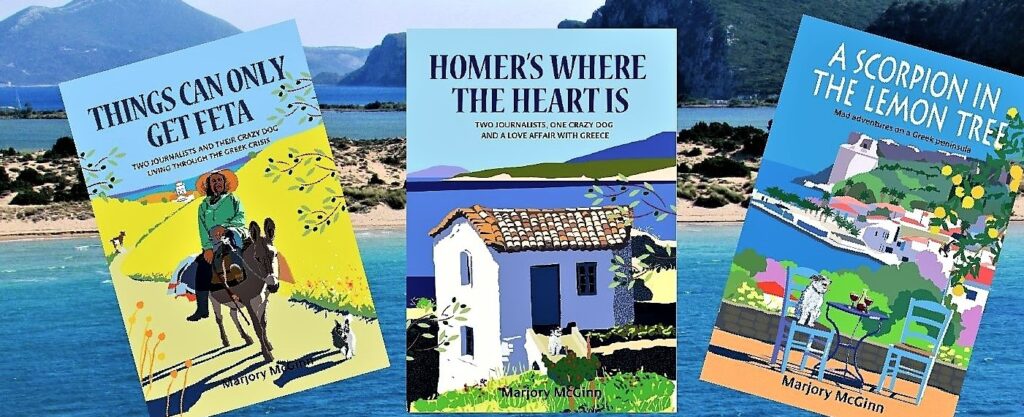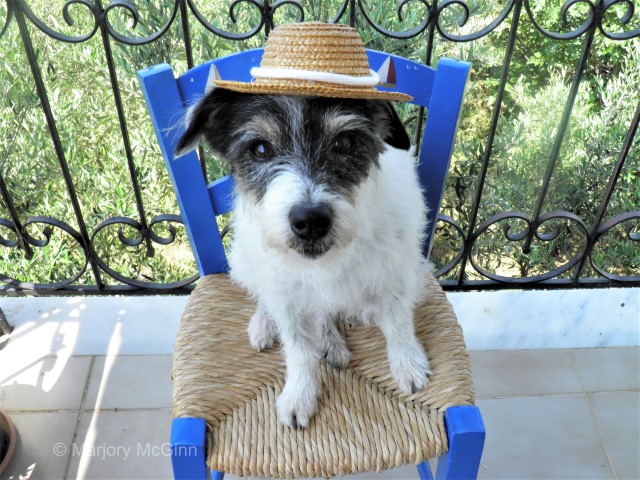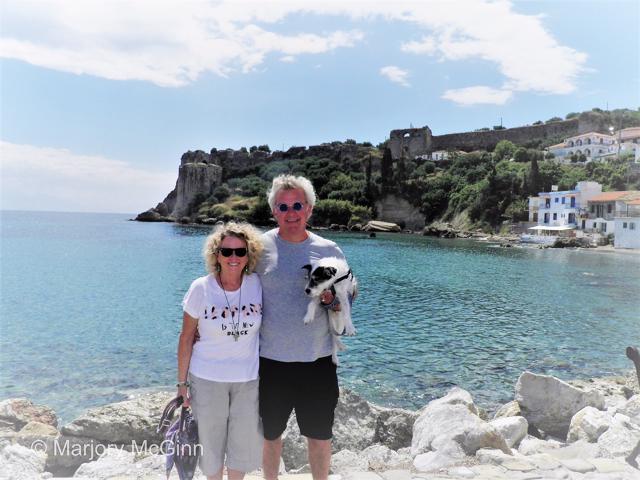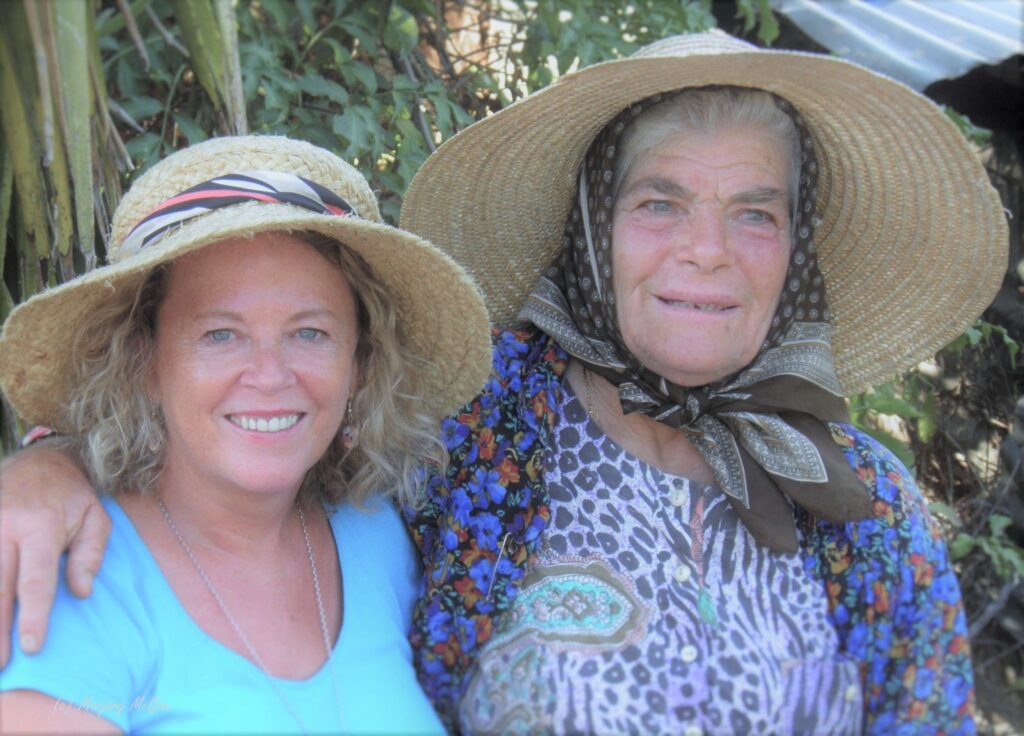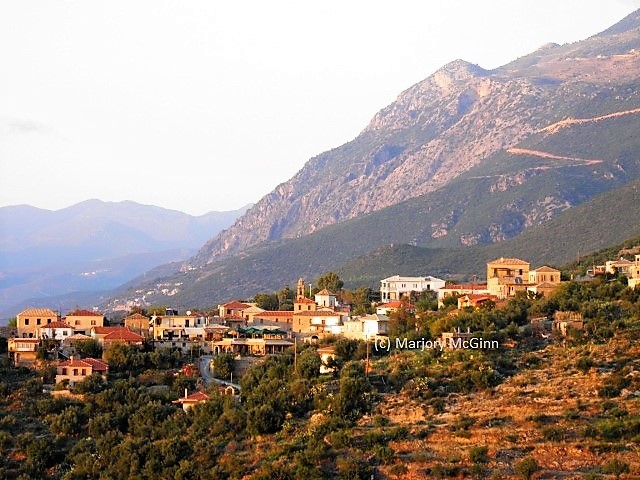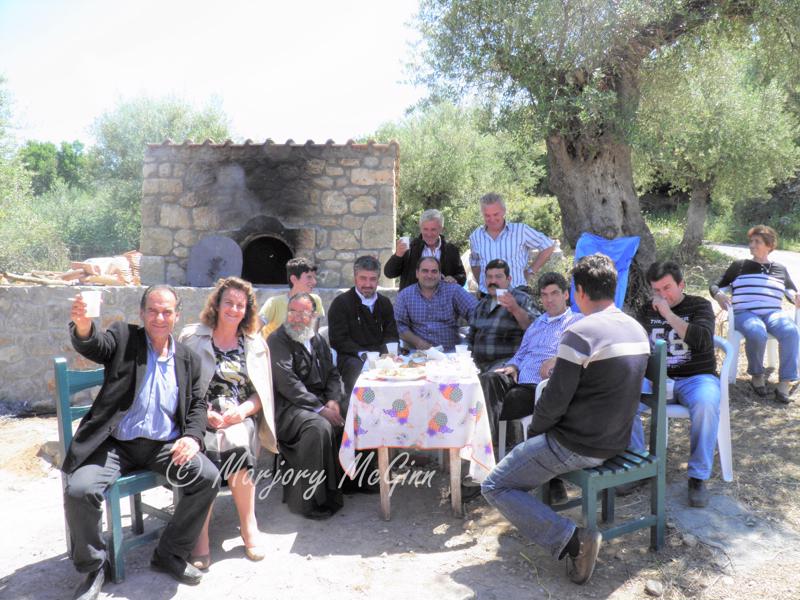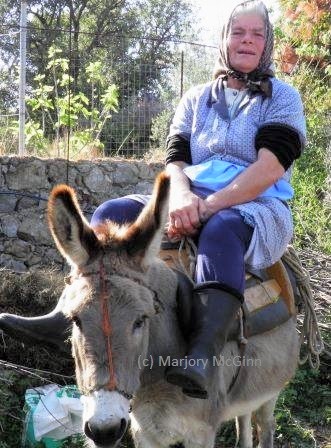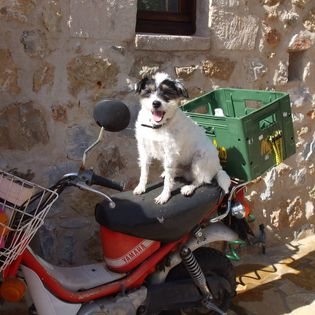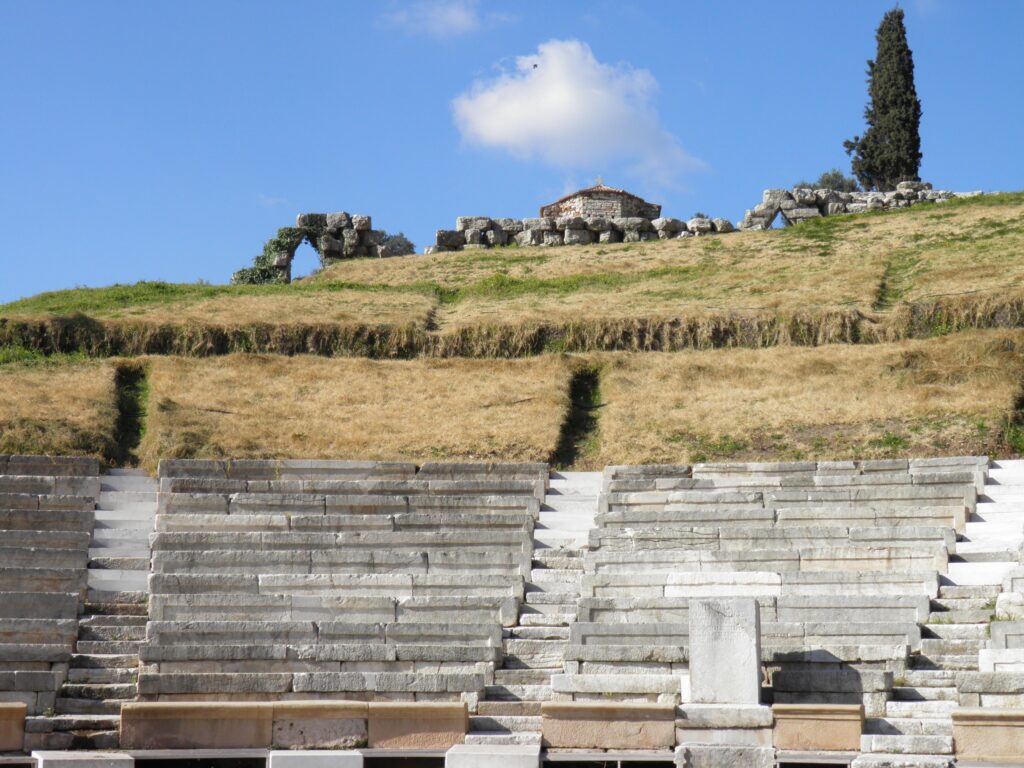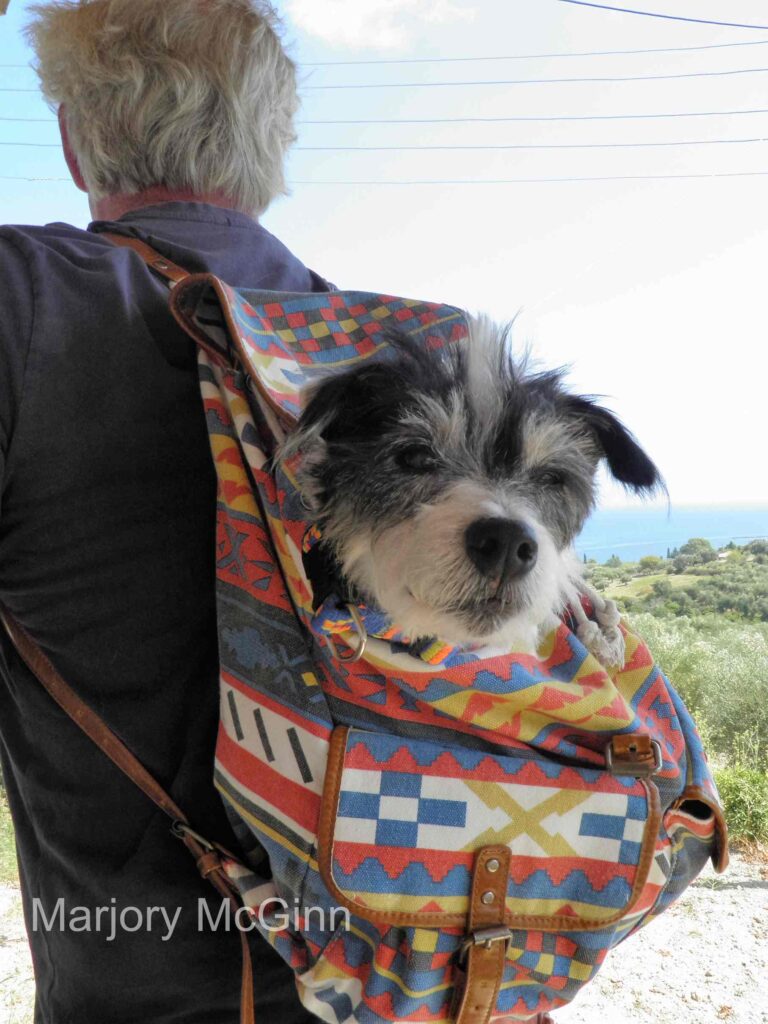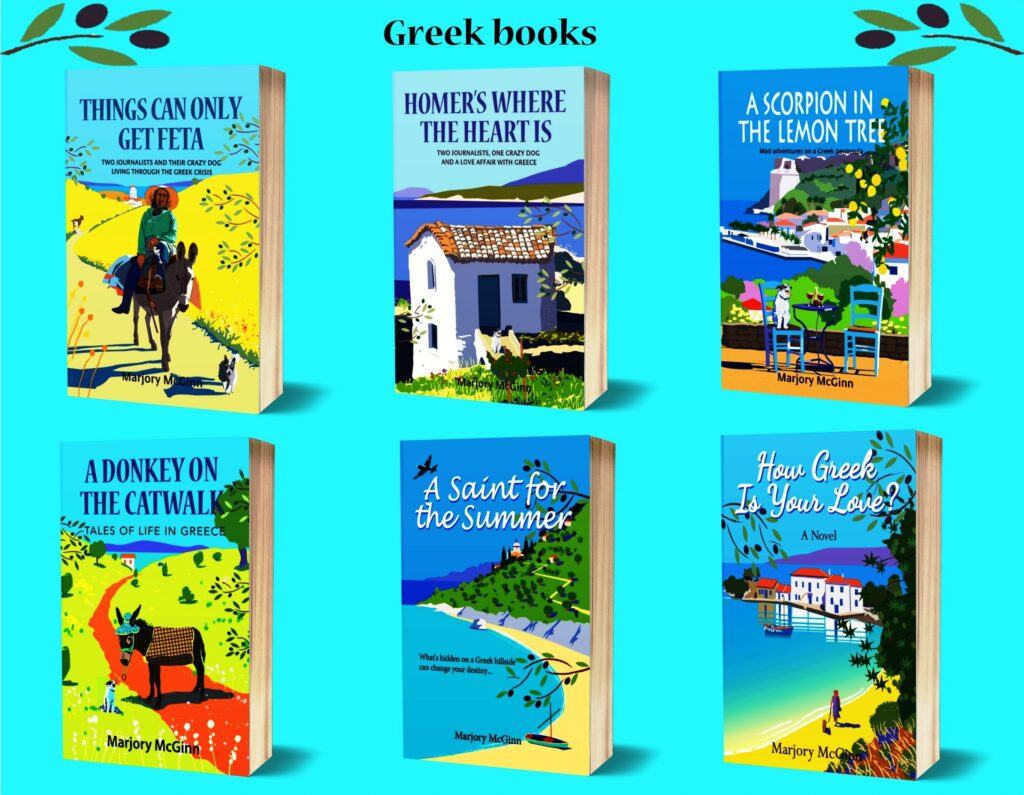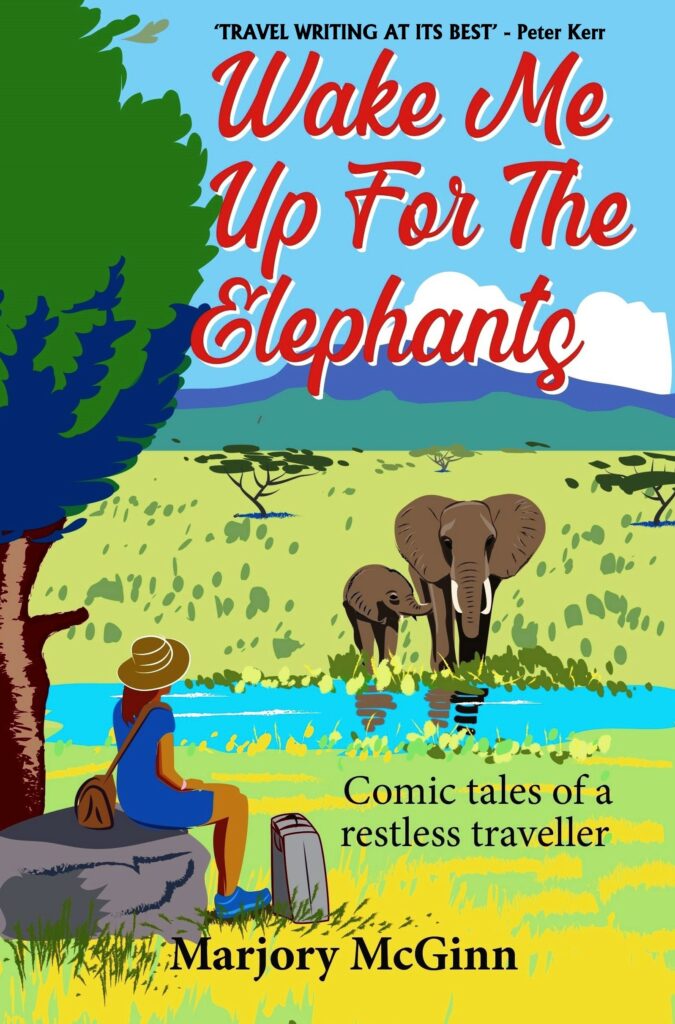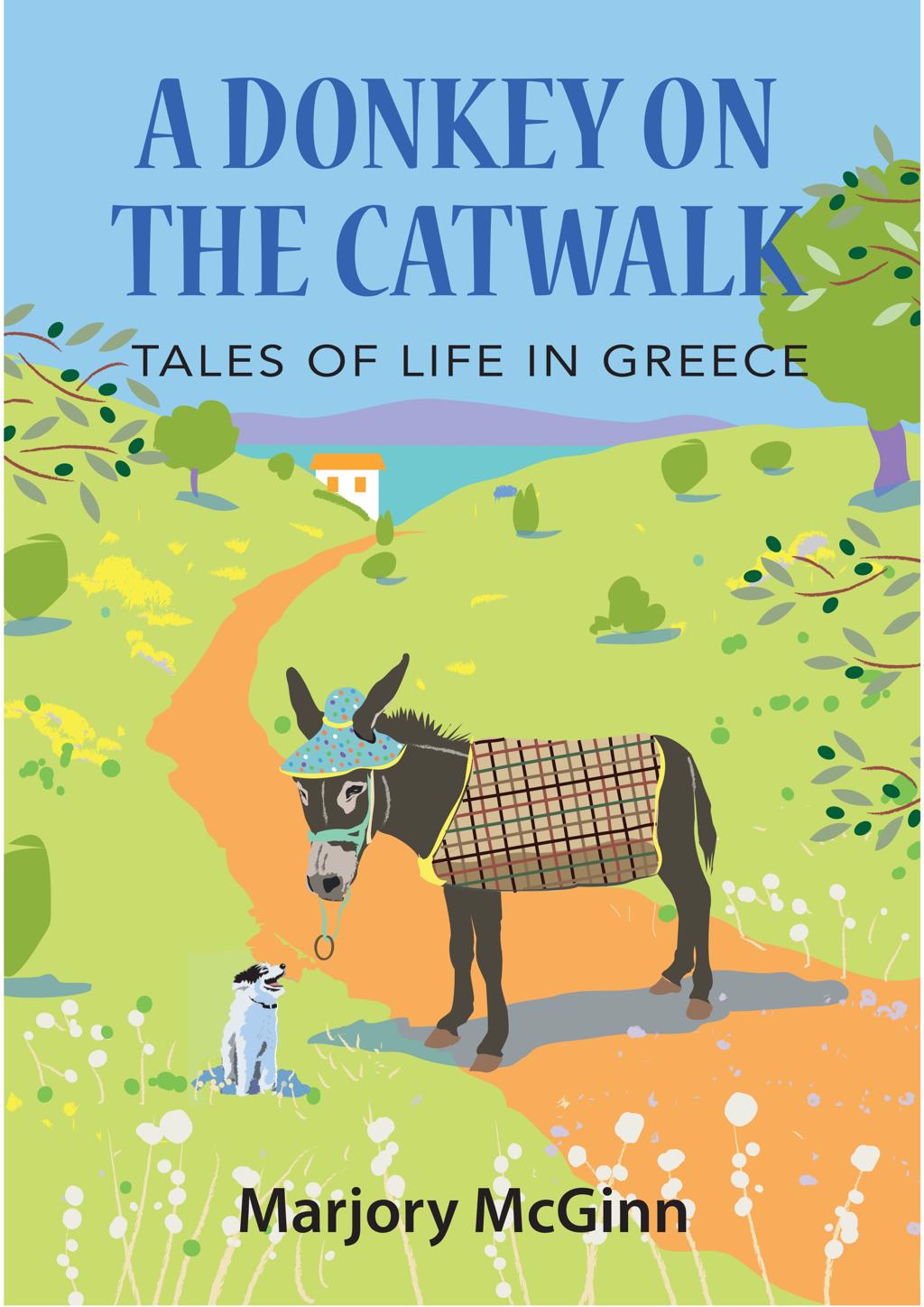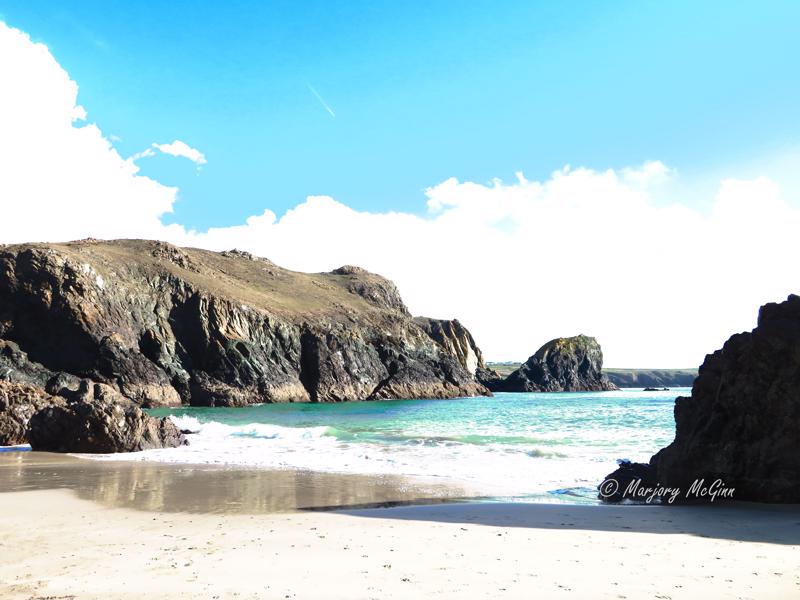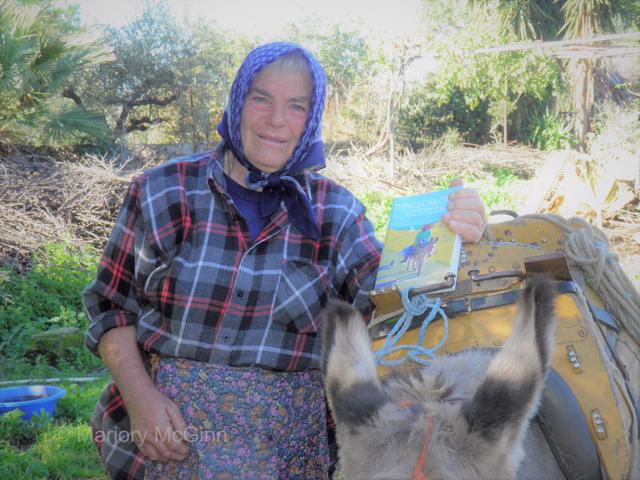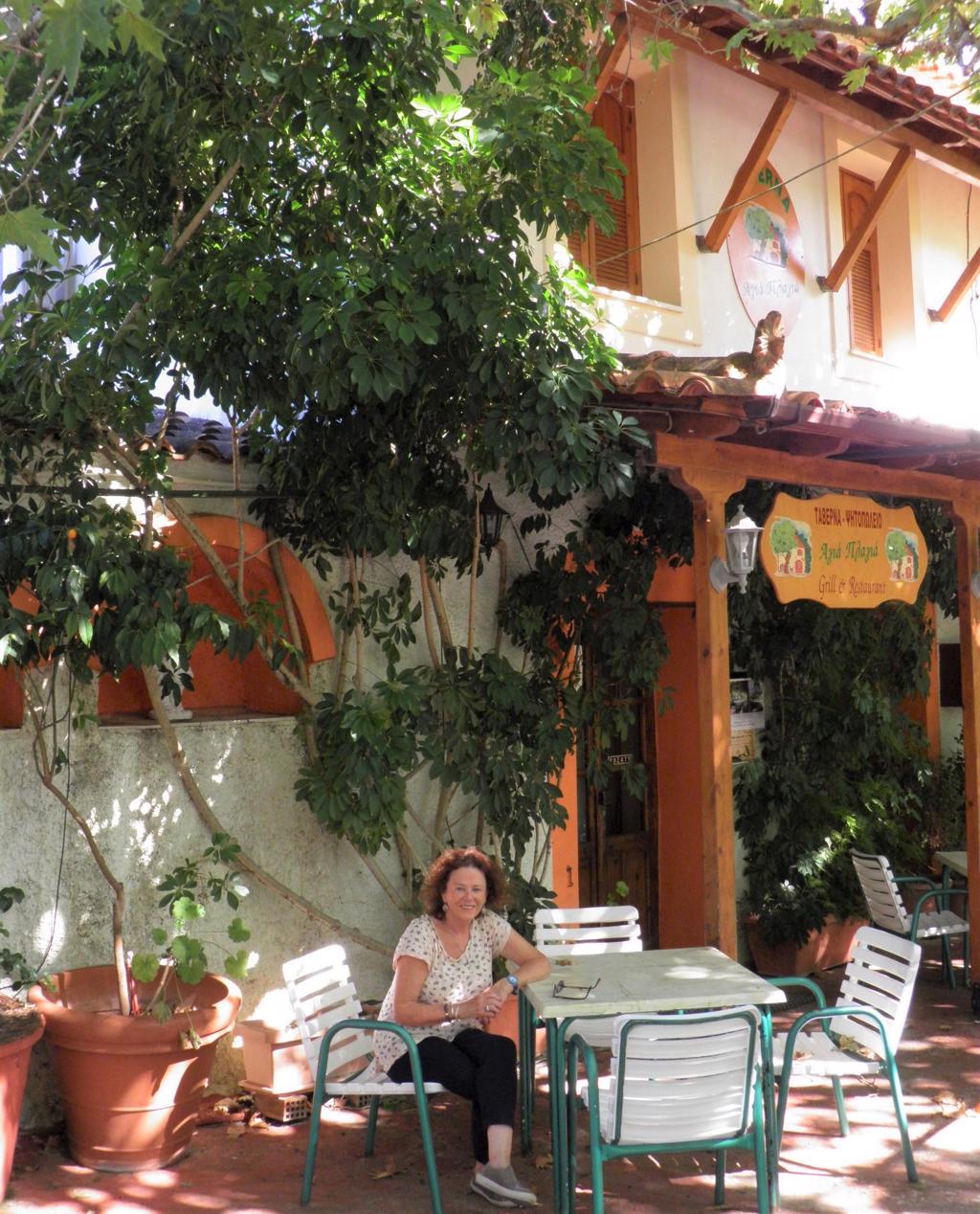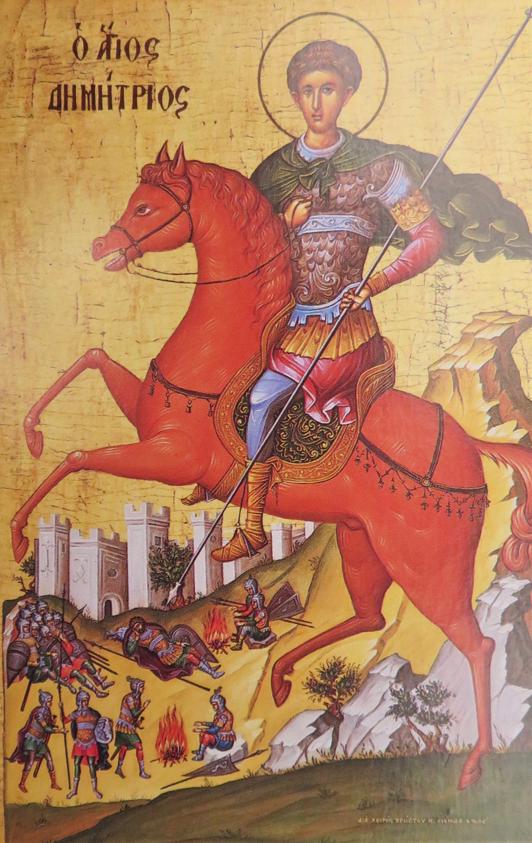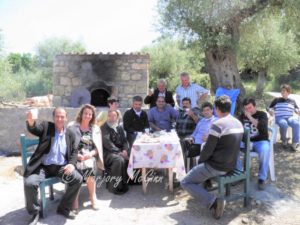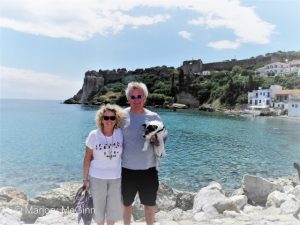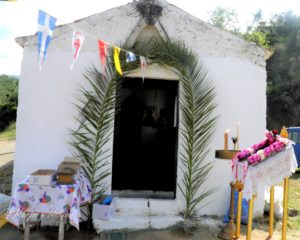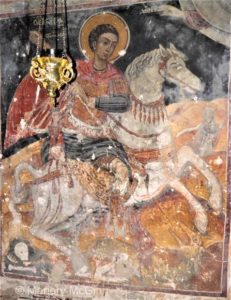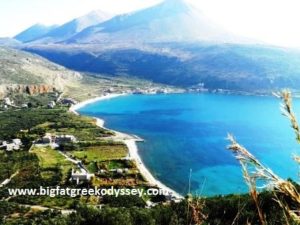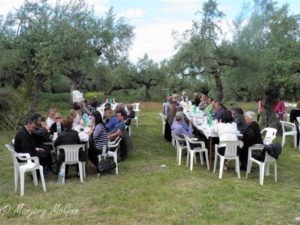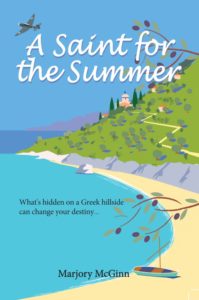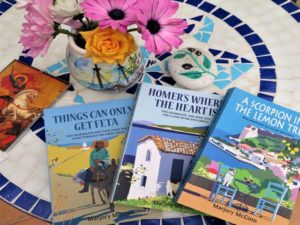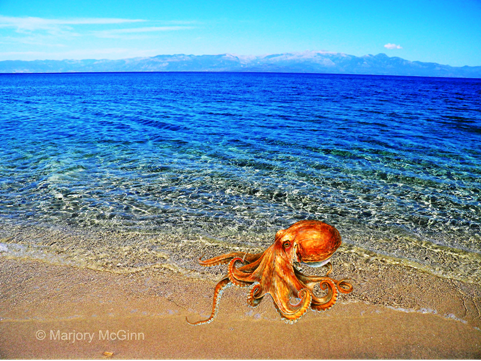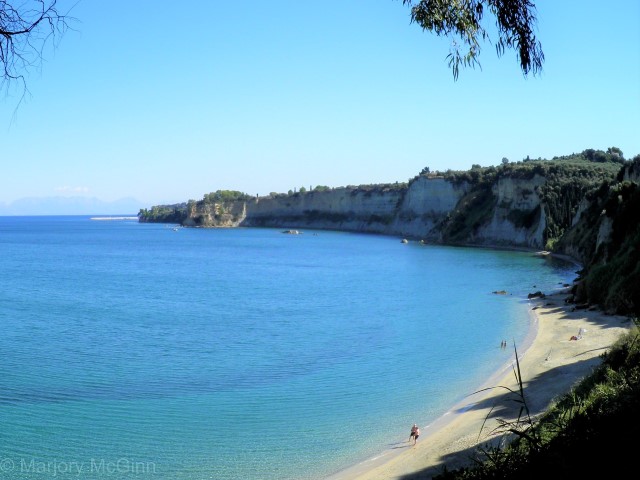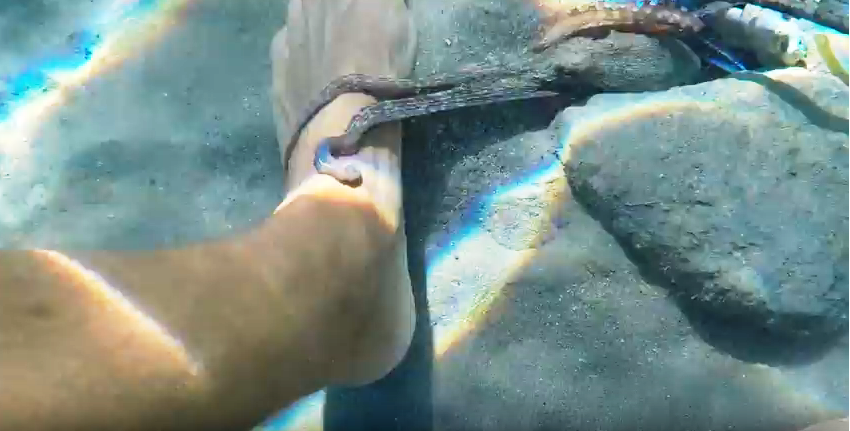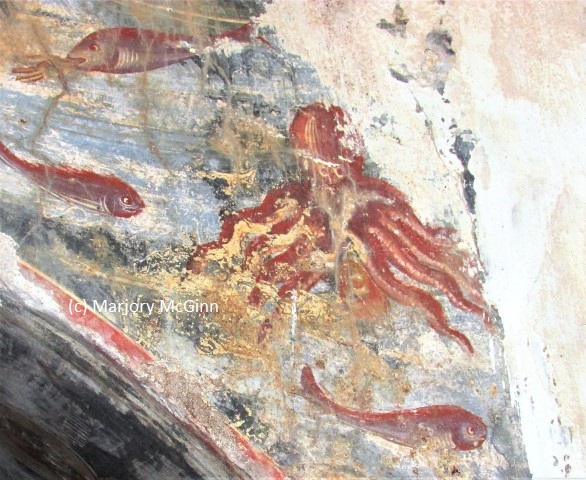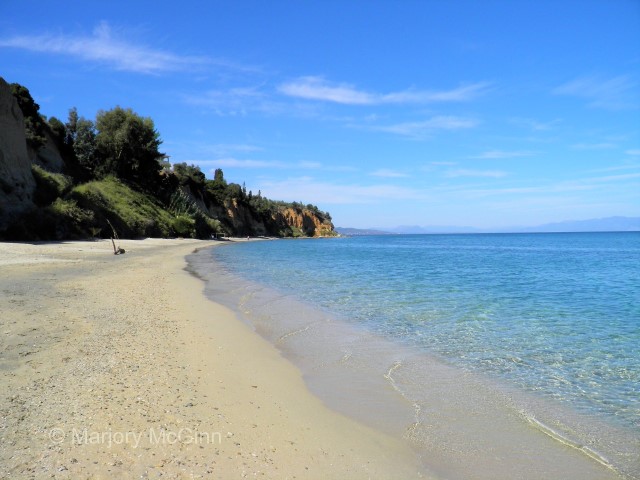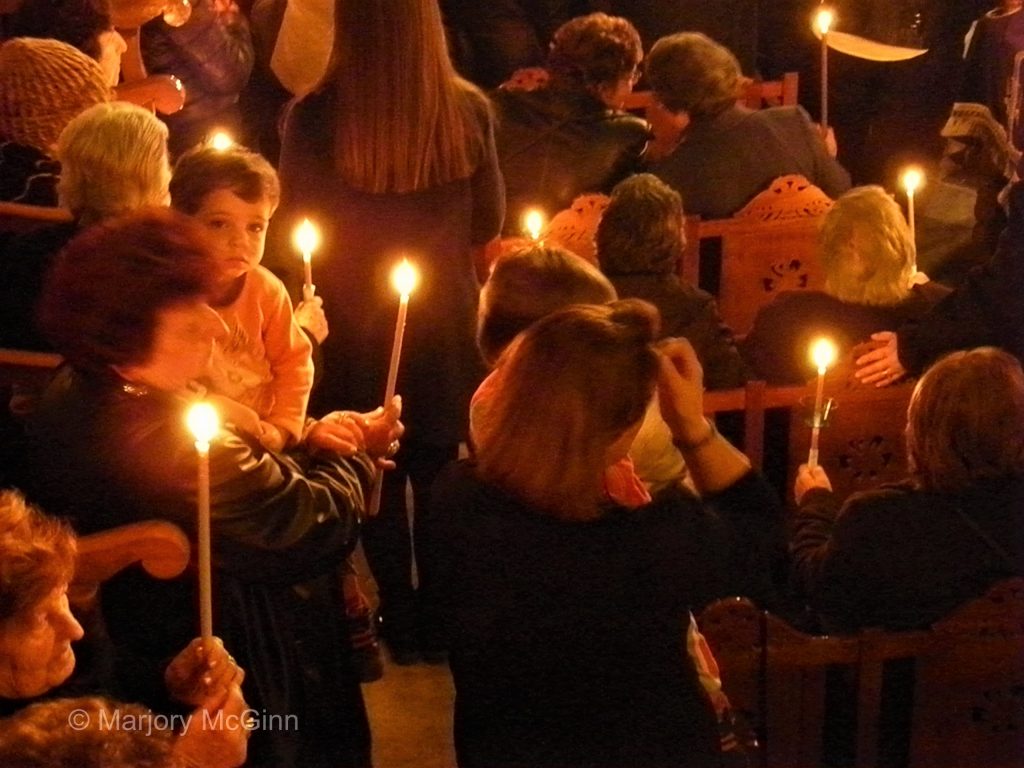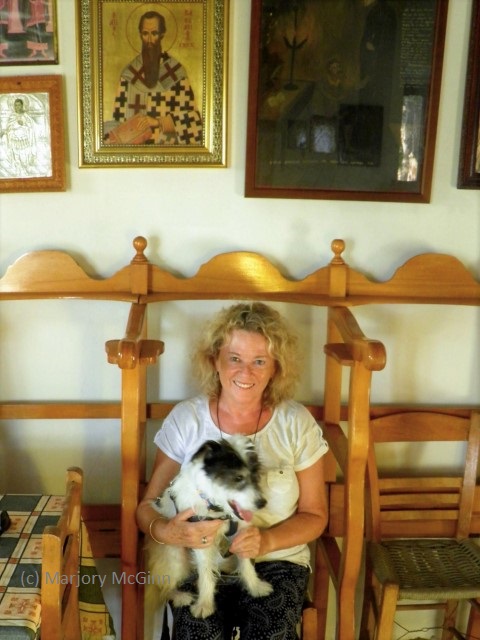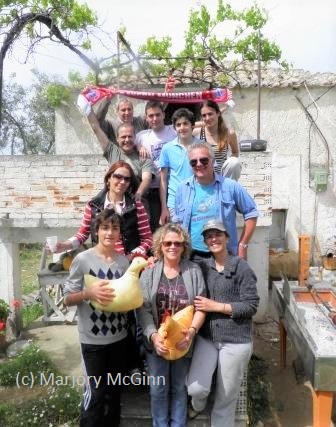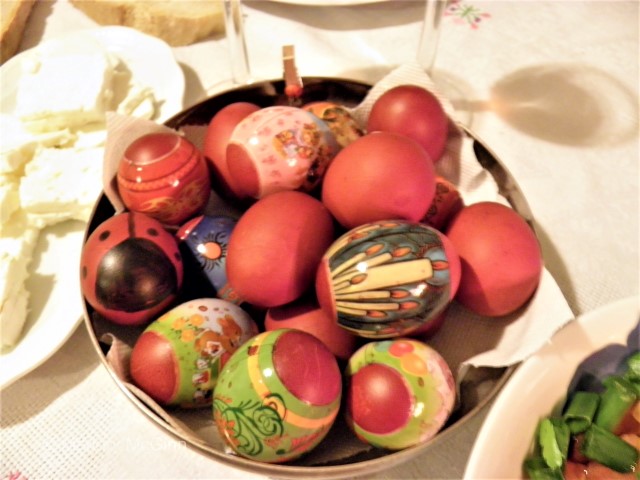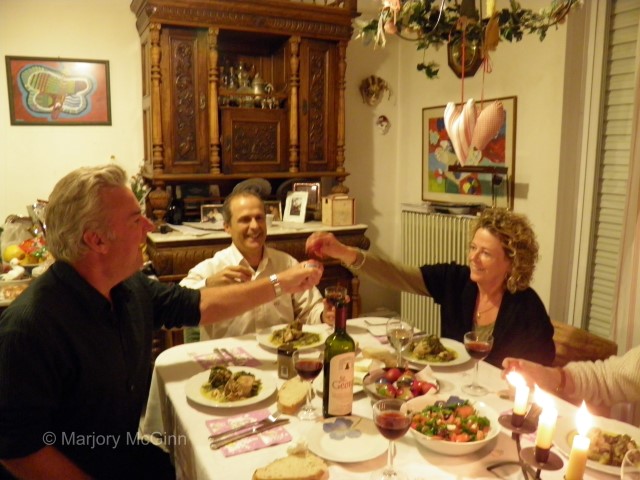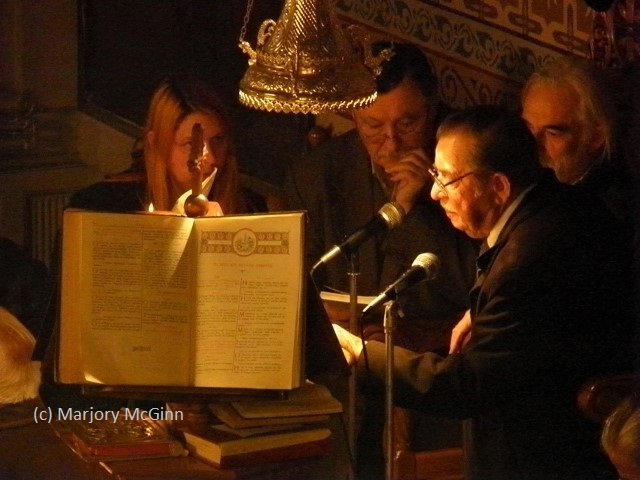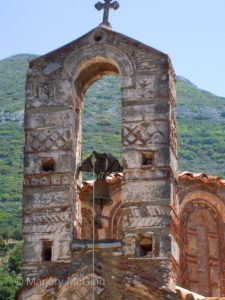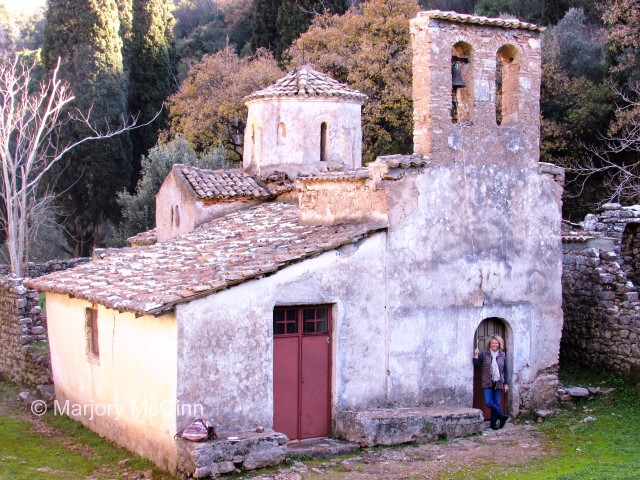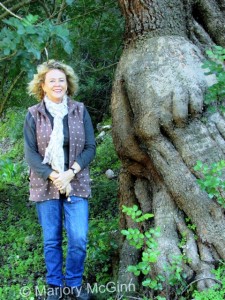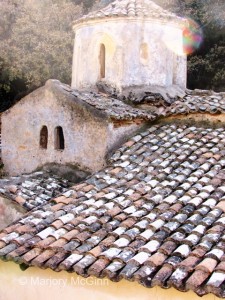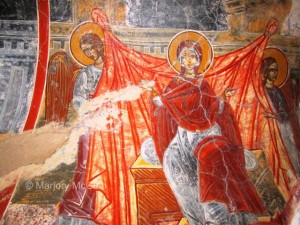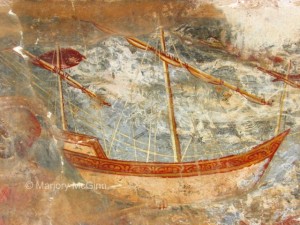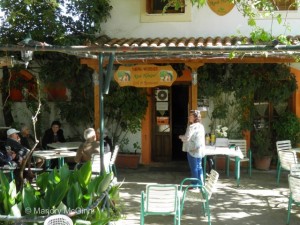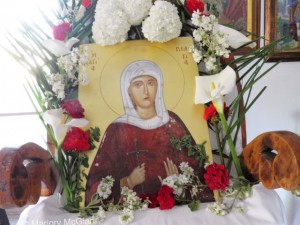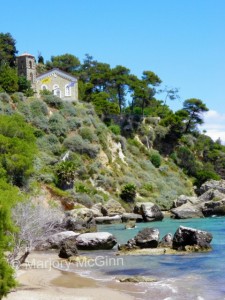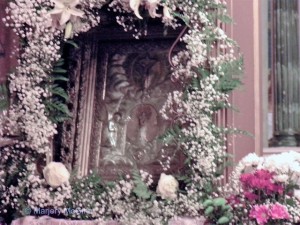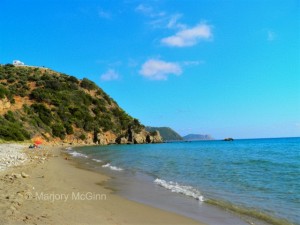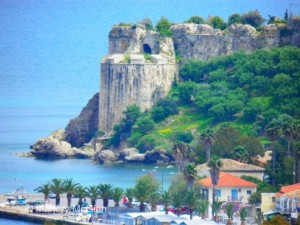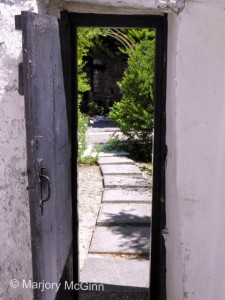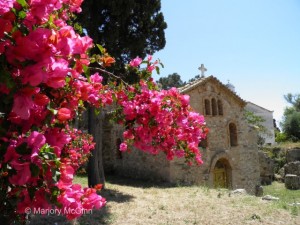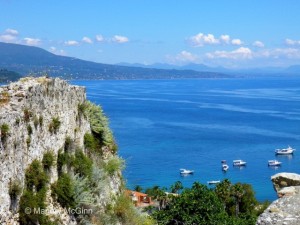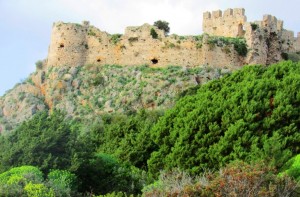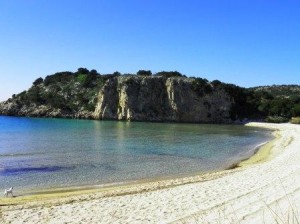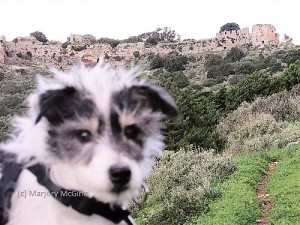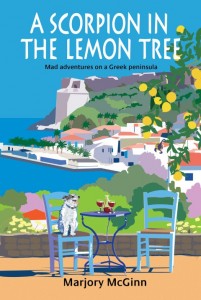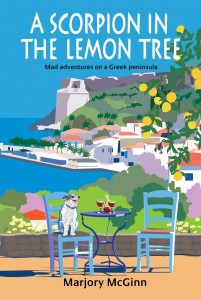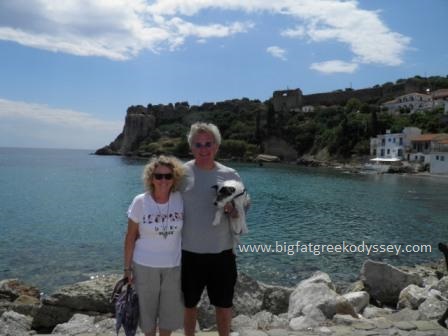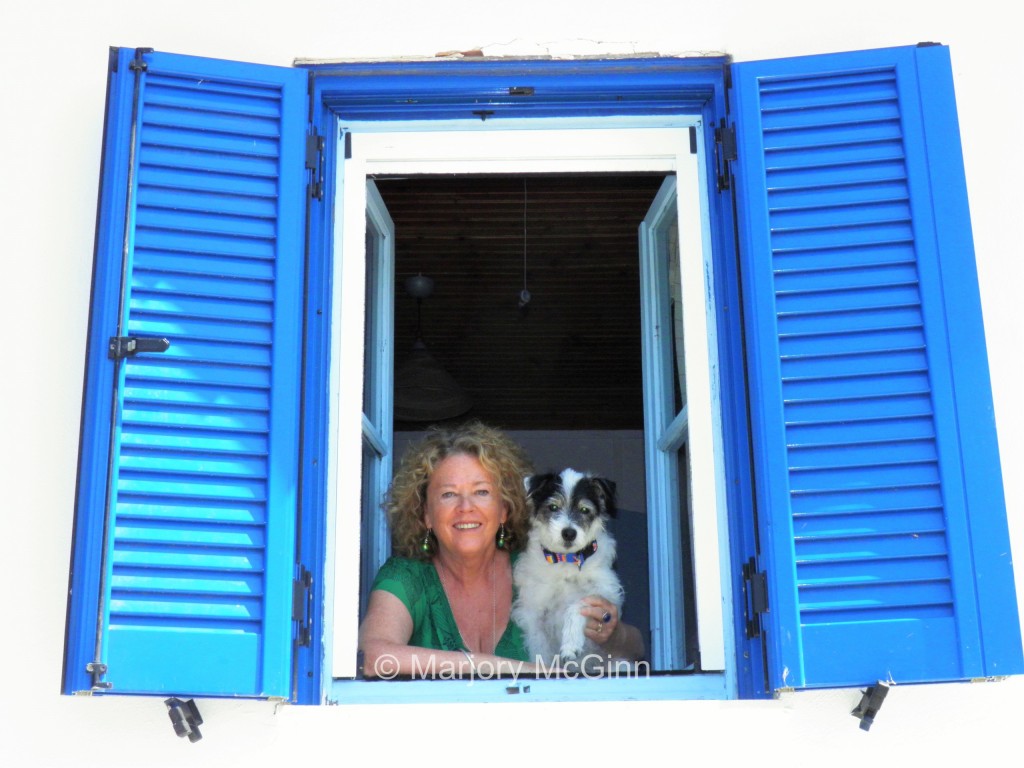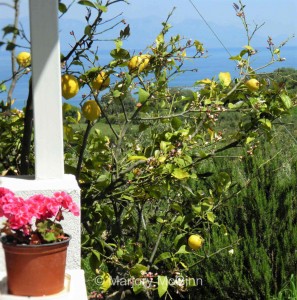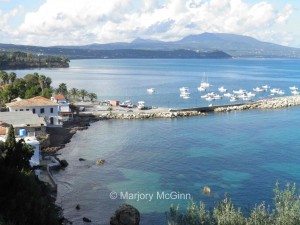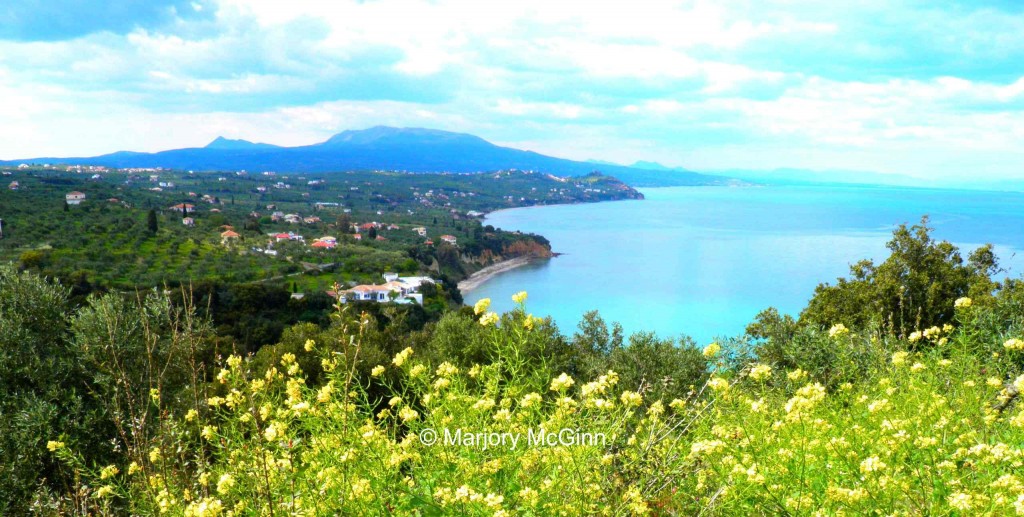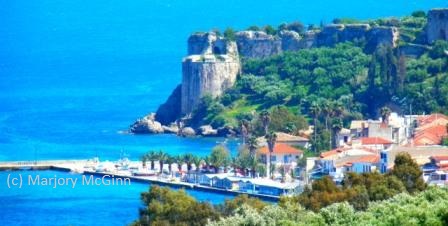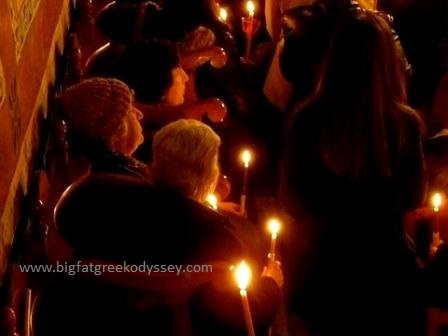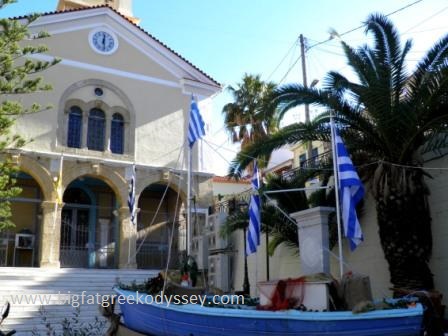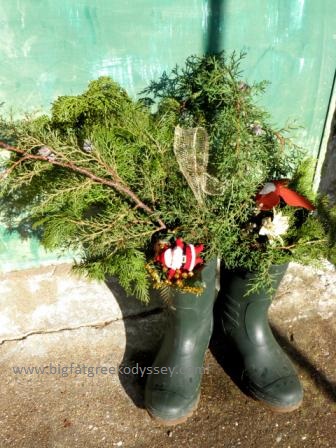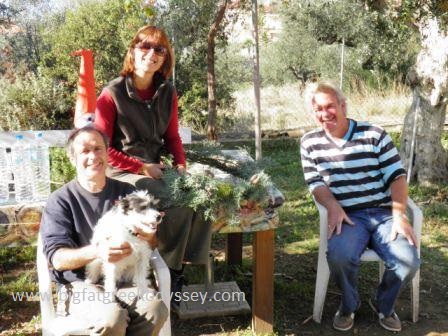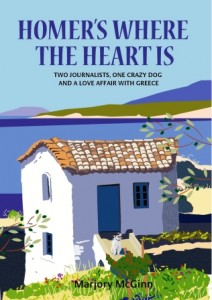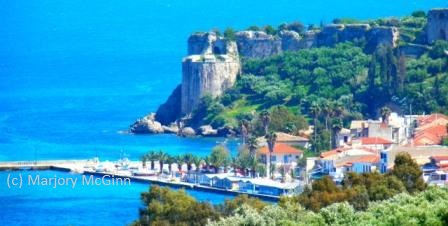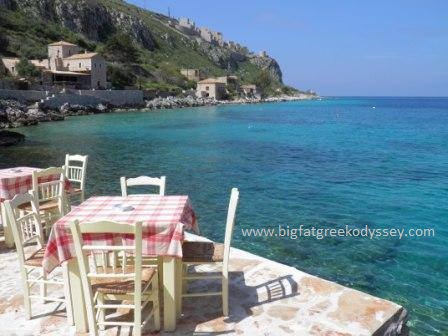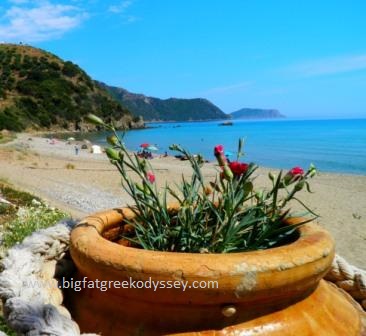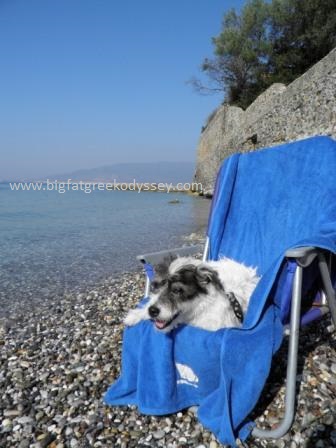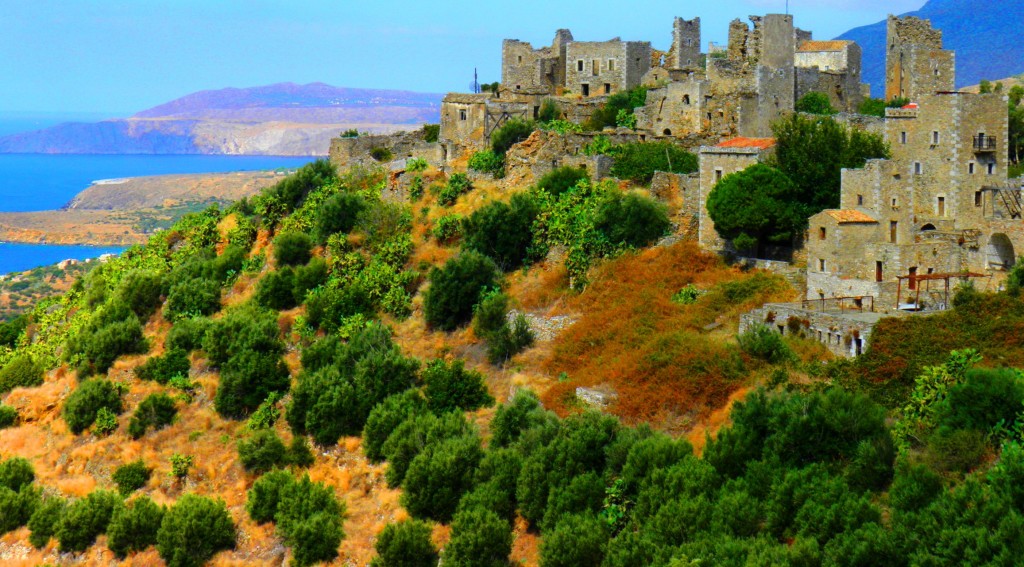WHEN we left the comfort of our Scottish village for a long odyssey in Greece, we expected tricky situations now and then, but we never anticipated loads of scorpions sharing our Greek abodes with us. And other trials were equally disconcerting and scary. All part of having an adventure in a hot location? Absolutely, but only up to a point.
In the clutch of rural houses we rented in the southern Peloponnese for four years, there were things we never imagined: finding the bones of a recently slaughtered cow in the huge refuse bin across the road from the house; kounavia (like pine martins) and rats in the attic roof space of one old house, doing circuit training on the bedroom ceiling every night; one petulant Greek neighbour regularly shooting his rifle at nearby almond trees in pursuit of songbirds. The list could go on and on. And it gave me plenty of material for my Greek travel memoirs and funny tales to dine out on much later.
But the scorpions were by far the creepiest interlopers. In the Mani (the middle peninsula of the three that hang down from the southern mainland), the black scorpion is prevalent. Though often not as noxious as the beige variety, it is still capable of a toxic nip. They plagued us in almost all our houses, hiding under household objects, in slippers, under the bed, in the shower recess, or sitting on the front door step – ringing the bell, if they could actually reach. Our Jack Russell terrier Wallace ran a mile when he saw them, and so would we, except we didn’t want to turn our backs on them. (See my book extract).
When we complained to our various landlords about critter infestations, they were often indifferent: a shrug, an arm wave, a comical grimace. One genial Brit in our first year took delight in saying: ‘Well this is Greece, not Kew Gardens.” Indeed.
While we adore Greece, it is also a place where things are unpredictable, chaotic, bureaucratic, downright illegal too at times. Some mash-ups you could sort, some you couldn’t.
Often we had to turn a blind eye to some rural shenanigans, like one neighbour who organised a small tanker truck to siphon out his large vothros pit (septic tank), but then ordered the driver to empty the sewage over another neighbour’s olive grove somewhat further away, instead of taking it away. Why? To save on transport costs? A sniffy act of revenge? Who knows? It was an olive grove we sometimes walked through with the dog. Not any more after the effluent dispersal. Even Greeks themselves encountering weird happenings would shrug: “This is Greece. Nothing goes to plan.”
But maybe that’s the appeal of living in Greece, the idea that every day brings you an experience you’ve never had in your life before. And isn’t that what adventure is all about, going well beyond your comfort zone and maybe learning a thing or two in the process, or being mortally zapped by a petulant scorpion, viper, kounavi, or the odd, disgruntled expat?
In the interest of balance, however, we also had very many memorable and entertaining experiences and the opportunity to befriend warm, generous and eccentric Greeks, who also featured in abundance in my books. Our four-year odyssey (three years in the Mani, one in Koroni, Messinia) ended up being one of the best things my husband Jim and I had done in our lives.
My first book about our adventures, Things Can Only Get Feta, covered the first year of our odyssey and has regularly been in bestseller charts on Amazon. It is currently on an Amazon ebook promotion (99p) for December in the UK store. (see link below).
To get you in the mood, I’m sharing a short edited extract from the book, dealing with scorpion lodgers. I hope you enjoy it.
There’s A Scorpion In My Slipper
ONE afternoon, Jim came in from a walk with Wallace and found me crouched beside the open storage area under the stairs – motionless.
‘What are you doing there?’
‘Scorpion!’ I said, my voice as tight as a circus high-wire.
‘What’s it doing?’ he asked, taking Wallace’s lead off and shutting him in the bedroom.
‘What do you think it’s doing?’ I was soaked in sweat and my knees aching from crouching on floor tiles for 20 minutes. ‘Skulking in the corner, sending Tweets from its mobile phone?’
‘Very cute. Let me see.’ He crouched down beside me and I pointed to the black critter in the corner.
‘Holy Mother! It’s got an erection, if you see what I mean.’ Only a man can see a scorpion and think of sex. The poisonous black tail was certainly very up though, and jabbing in our direction.
‘I’ve been trying to keep an eye on him all this time. We can’t let him escape or we don’t know where he’ll end up.’
‘Okay, calm down. I’ll look for the insecticide,’ said Jim and he ran upstairs and rattled about in the kitchen cupboards. He took so long that I thought I’d faint.
When we first came to live in our hillside village, a few of the expats took great delight in winding us up about noxious critters– especially scorpions. And Desmond our landlord hadn’t helped matters at the beginning when he mentioned finding scorpions in the stonework here before renovation. I knew then that we were destined to meet this hideous creature that looks almost prehistoric – the outsized claws, the pitch-fork tail at the back; half-crab, half-devil.
We had heard a story from an English expat called Derek, who seemed to be something of a scorpion magnet, having been bitten twice in a matter of months. The second scorpion, beige-coloured and more deadly, bit him painfully on the stomach while he was lying in bed. Derek claimed the critter must have hidden in his pyjamas while they were hanging on the washing line earlier. His wife managed to get the scorpion into a jar for identification and it required a midnight scramble to Kalamata Hospital, where he was not in good shape – and neither was Derek. Placed on an antibiotic drip, he survived the attack.
We were warned by Desmond not to leave objects lying on the floor in the house for more than a few days because if scorpions did come into the house they would hide under them. This was the first time Desmond confessed to possible scorpion interlopers. I had been clearing out the space under the stairs and moved a gym bag that had been there for weeks when the scorpion skittered out.
Jim came running back down the stairs, a spray can in his hand. ‘Okay, let’s hit it with this,’ he said, and sprayed enough insecticide under the stairs to poleaxe a brown bear.
‘Thank God we got rid of that,’ he said, after disposing of the scorpion outside.
‘They travel in pairs, you know,” I told him, recalling something I’d read.
‘Nonsense, of course they don’t.’ But if there’s one rule in life it’s this: whenever you say a thing won’t happen, it generally does. A few days later I walked into the bedroom and screamed like a woman confronting a hooded intruder with a machete. Jim came running in.
‘What is it?’
‘There’s a scorpion in my slipper!’ I shouted. Crawling around the inside rim of my sheepskin slipper was another black scorpion, bigger than the first one, its tail up and quivering in my direction.
As it happens, I found a third black scorpion some weeks later, trying to crawl into a crack in the stonework around the front door. Only its long tail was hanging out. This was the biggest one yet. We started to live in fear of more of them.
We told Desmond later about our scorpion infestation. ‘You’ve been leaving objects on the floor for too long and not moving them around the house like I told you to,’ he muttered like some grand master of the telekinetic arts….
- From the book Things Can Only Get Feta © Marjory McGinn
To buy a copy of Things Can Only Get Feta click on https://mybook.to/ThingsCanOnlyGetFeta
For more information about Marjory’s Greek memoirs and two novels set in Greece, please click on the Greek Books tab on her website https://www.bigfatgreekodyssey.com
Or on her Facebook author page: https://www.facebook.com/MarjoryMcGinnWrites
The author always loves to hear from readers on her website and reviews of books are also kindly appreciated.
Thanks for stopping by.
© All rights reserved. All text and photographs copyright of the authors 2010-2024. No content/text or photographs may be copied from the blog without the prior written permission of the authors. This applies to all posts on the blog.
